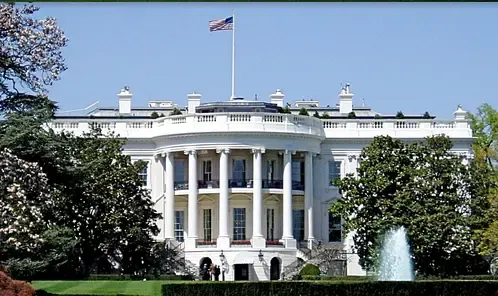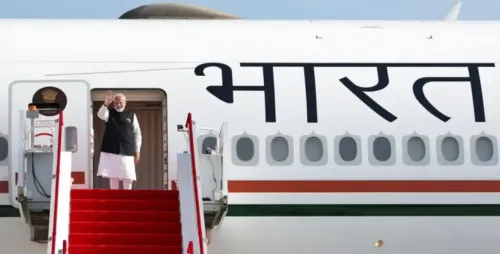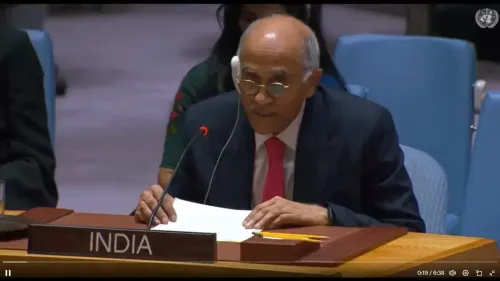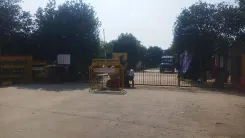Turks Face Rising Food Prices as Ramadan Nears
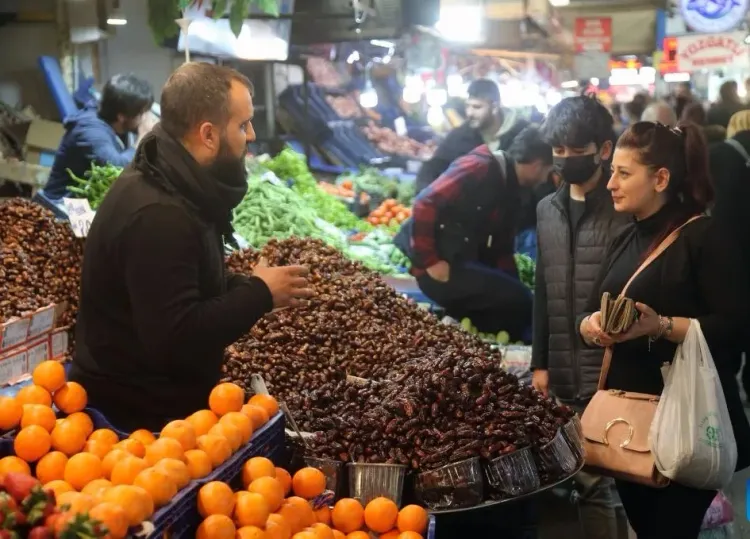
Synopsis
Key Takeaways
- High food prices are a concern for Turkish families as Ramadan approaches.
- Inflation has dropped to 42 percent but remains a challenge.
- Traditional foods like Ramadan pita have seen a 33 percent price increase.
- The government has frozen certain food prices and is monitoring for price gouging.
- Communal celebrations continue, albeit with simpler meals this year.
Ankara, Feb 27 (NationPress) As Ramadan draws near, Bekir Uren, an insurance consultant residing in Ankara, reflects on his family's evening iftar meals with a blend of excitement and concern.
"We will observe Ramadan and share meals as a family, but we are battling soaring food prices," Uren expressed. His feelings resonate across Turkey, where, despite recent economic improvements, many households continue to grapple with financial pressures during this sacred month.
Turkey's year-on-year inflation rate has dropped to 42 percent in January, marking the lowest figure in two years and down from a peak of 75 percent last May. However, this statistical progress offers little solace to average citizens who have faced years of economic instability.
The cost of Ramadan pita, a traditional staple during this holy month, has already surged by roughly 33 percent before the fasting period begins. Such price hikes directly affect the iftar meals that conclude daily fasting.
"While inflation is declining, the cost of food remains a significant challenge and tends to rise consistently," Uren pointed out. Like many Turkish workers, his salary hasn't kept pace with the increasing cost of basic necessities. "Coping with the rising living expenses is quite difficult."
President Recep Tayyip Erdogan assured this week that "the decrease in inflation will speed up" in the upcoming months, as part of an economic shift initiated in mid-2023 to tackle the cost-of-living crisis. Government forecasts indicate inflation may drop to 24 percent by the end of the year.
However, economic analysts remain skeptical about these estimates. "In January alone, monthly inflation exceeded 5 percent, indicating that Turkey is still fighting against high inflation," remarked Mustafa Sonmez, an economist based in Istanbul, according to Xinhua news agency.
In light of these challenges, the Turkish government has implemented a freeze on meat prices and other common food items at state-run shops nationwide. Authorities have also deployed inspection teams to prevent price gouging and stockpiling during Ramadan.
For Gulsen Irmak, a mother of two in Ankara, adaptability has become essential. "We strive to maximize our limited budgets and create a cozy family atmosphere," she noted while shopping at a discount store.
Irmak now frequents multiple stores and meticulously checks labels to secure the best bargains.
Ramadan, commencing later this week in this nation of over 85 million people, traditionally encourages communal celebration. Muslims who fast eat twice a day: before dawn and after sunset. Families often visit neighbors and share elaborate meals.
This year, many households are prioritizing essentials rather than traditional luxuries like desserts and are preparing simpler iftar meals. Local municipalities are offering free iftar meals to those in need, and government agencies have increased food donations.
Despite these challenges, the spiritual significance of Ramadan remains intact. "Our meals may feature fewer dishes or less variety, but our spirit of community remains robust," stated Guler Mandiraci, a retired educator.
Mandiraci expressed faith that Turkey will overcome its economic hardships "sooner or later," stressing that her country's unity amidst geopolitical tensions holds greater value than temporary difficulties.

